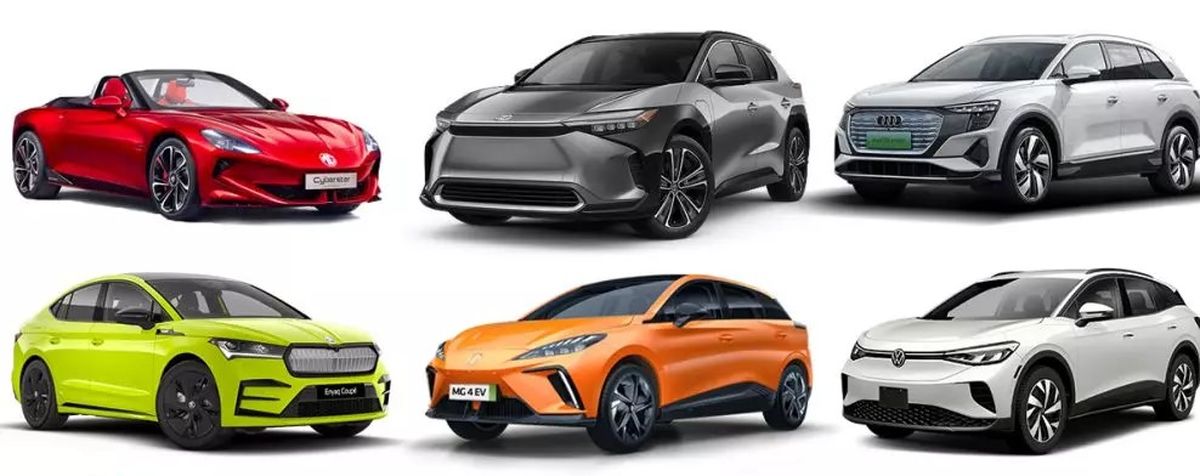Article 1 – Import Tariff Regulation
Article 2 – Competitiveness of the Automotive Industry
The government must, within three years, create conditions for competitiveness in the automotive industry through policy-making, oversight, and regulation in accordance with the principles of Article 44 of the Constitution.
Article 3 – Development of New Technologies
The Ministry of Industry, Mines, and Trade (IMT) must, in cooperation with other ministries, draft a strategic document for new technologies (electric, hybrid, and autonomous vehicles) within one year.
- Note: The government may impose a tiered tax on high-consumption vehicles, and the revenue will be allocated to public transportation development.
Article 4 – Conditions for Vehicle Importation
Vehicle importation is allowed based on a regulation from the Ministry of Industry, Mines, and Trade, subject to the following conditions:
- Technical specifications: Priority will be given to electric, hybrid, fuel-efficient, and safe vehicles.
- After-sales service and technology transfer.
- Importer qualifications and official representation.
- Market regulation: Taking into account currency resources and support for domestic production.
- Note 1: Emergency non-commercial imports are exempt from this provision.
- Note 2: This provision is valid for five years.
Article 5 – Attracting New Technologies
The Ministry of Industry, Mines, and Trade should facilitate the entry of independent automotive technologies through joint ventures with reputable global companies.
Article 6 – Standards and Quality
The National Standards Organization is responsible for monitoring the compliance with standards for both imported and domestically produced vehicles.
- Note: Domestic manufacturers are required to display the percentage of domestic production on their vehicles.
Article 7 – Price Transparency
Automakers must disclose the cost price, profit percentage, and final price to the Competition Council; failure to do so will be considered a violation.
Article 8 – Definition of Vehicles
This law applies to all types of passenger cars, vans, minibuses, buses, trucks, trailers, and motorcycles.
Article 9 – Organization of Heavy Vehicles
The Ministry of Industry, Mines, and Trade is tasked with improving the quality of both imported and domestically produced heavy vehicles (such as construction and agricultural machinery).
Article 10 – Scrapping of Old Vehicles
The use of old vehicles is prohibited under Article 8 of the Clean Air Act. The government must provide facilities for replacing old vehicles.
- Note: Domestic automakers and importers must provide a scrapping certificate for each vehicle.
Additional Provisions (2024/03/28)
- Article 11: The import of used vehicles is allowed.
- Article 12: The value of imported vehicles (new and used) will be determined annually by the Ministry of Industry, Mines, and Trade and Customs.
- Article 13: The standards for imported vehicles must comply with the approval of the National Standards Organization and the Environmental Protection Agency.


